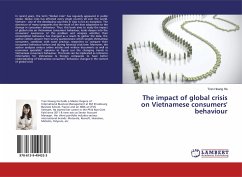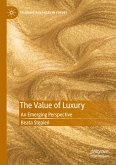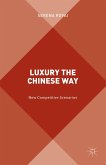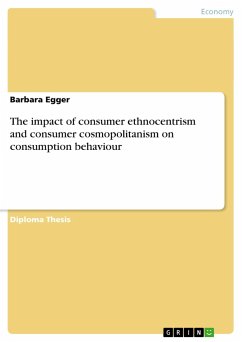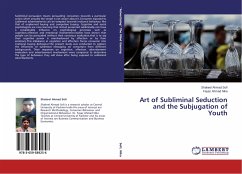Luxury products represent substantial worldwide sales; major markets of luxury products are no longer limited to Western countries, but have also expanded to Eastern "young generation" markets (Zhan and He, 2012). With a rapidly growing economy and globalisation, Chinese young consumers have become an important target for producers of luxury products. According to Wiedmann, Hennings, and Siebels (2009), consumption motivations are derived from values that are connected to cultural background. Nowadays, because Chinese consumers are more engaged with foreign societies, Western culture also produces significant influence on their preferences, motivation and behaviour (Zhan and He, 2012). Although there is extant research which focuses on comparing cross-cultural influences on luxury consumption motivation of Western consumers and Eastern consumers, literature on luxury purchase motivation is only limited to a single country and scholars have ignored the influence of a foreign culture and acculturation on consumers (Beverland, 2004).
Bitte wählen Sie Ihr Anliegen aus.
Rechnungen
Retourenschein anfordern
Bestellstatus
Storno


